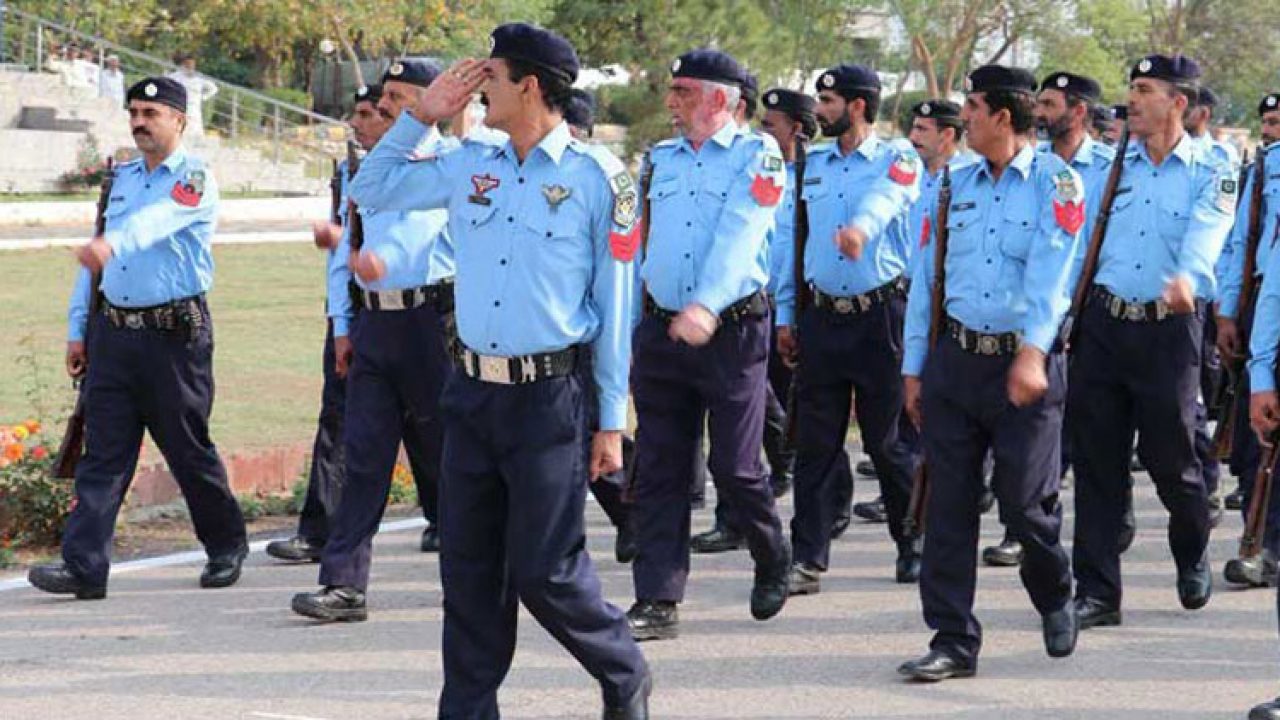
Article by
Police is a civil services department, for the safety of the citizens and for maintaining law and order in the country. Unfortunately, the police department is known for a rather anti-civil stance than a pro-civil one. Lack of awareness about civil rights when dealing with the police can costs us mentally, physically, or financially. Which ultimately could lead to rights violation or rights infringement. In this article you can get a basic know-how about some of your rights and claims when interacting with the police, or if you get stopped by them or in case of an arrest.
You have a right to remain silent as per Article 13, Constitution of Pakistan, 1973. You may not answer any questions asked by the officials. Although, you cannot refuse to identify yourself, if asked. You have a right to get an attorney, using this right you may talk to your attorney before answering directly to the police. You have a right to a phone call. However, this is conditional. The police officials cannot listen to the conversation between you and your attorney. But if you call someone else, they may listen to it.
The situation can get physical any time, or the officers may act in a way which might threaten your security. To prevent any such situation, you should never resist or show wrong documents or run away or argue with the police. Make sure your hands are seen. If you do not consent to any situation, do not hesitate to speak about it. This might not prevent it from happening but might help in the follow-up legal proceedings. If they pull you over, the same rights apply including the passenger’s rights. One of the provisions states that you can ask them if you can leave or not.
If the police show up at your door, they are not entitled to enter your property without a search or an arrest warrant. It is better to have a conversation outside the door, avoid letting them inside. You can ask them to hold the warrant up on the window or slide it under the door. If the warrant is valid, you have a right to remain silent, and the right to seek an attorney.
What can you do if you think your rights are being violated? Firstly, you should make sure to note down all the necessary information while you can. Write the patrolling mobile’s license plate, or officer’s name from their badges, etcetera. If you are in a public place, you can collect information of the witnesses present as well.
The Constitution of Pakistan has granted you a complete right to move around freely anywhere at your will unless the property is private or restricted. It should be made clear and known properly for the case of a private or a restricted property. No one can ask you about your route while you are on road. Similarly, all the privacy rights protect you. No one can ask you to leave your vehicle without your consent. No one can check the contents of your car boot without your permission.
In a police station or while interacting with police generally, all the basic human and social rights are to be followed properly. You have a right to legal advice. However, if you are unable to pay for it you can ask for services of a public attorney. Public attorney services should be provided to all the citizens as per the Constitution of Pakistan, 1973. You also have a right to seek medical assistance for any physical or psychological health problem.
There are many rights for the common man of Pakistan, whosoever faces a situation with any civil servant or civil services department. Despite that, it should be made clear that all the departments are appointed for the sole purpose of providing help and support to the public. And if they use their power and violate the law, the law and legal rights are there to protect you.
It is our responsibility to know our rights. Also, we should be mindful about the fact that every right comes with a duty. Law protects you against infringement of any of your rights if need be. But People should also know their duty towards the law of the country.
 Monthly "Azeem English Magazine", launched in 2000, records the information about diverse fields like mental health, literature, research, science, and art. The magazine's objective is to impart social, cultural, and literary values to society.
Monthly "Azeem English Magazine", launched in 2000, records the information about diverse fields like mental health, literature, research, science, and art. The magazine's objective is to impart social, cultural, and literary values to society.
+92 51 88 93 092
First Floor, RAS Arcade, Eidhi Market, Street#124, G-13/4, Islamabad, Pakistan, 44000.